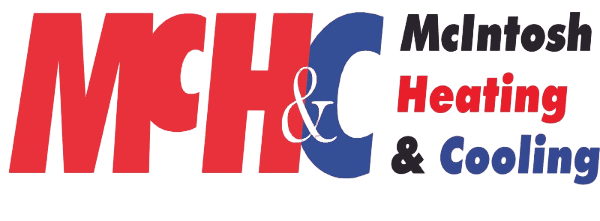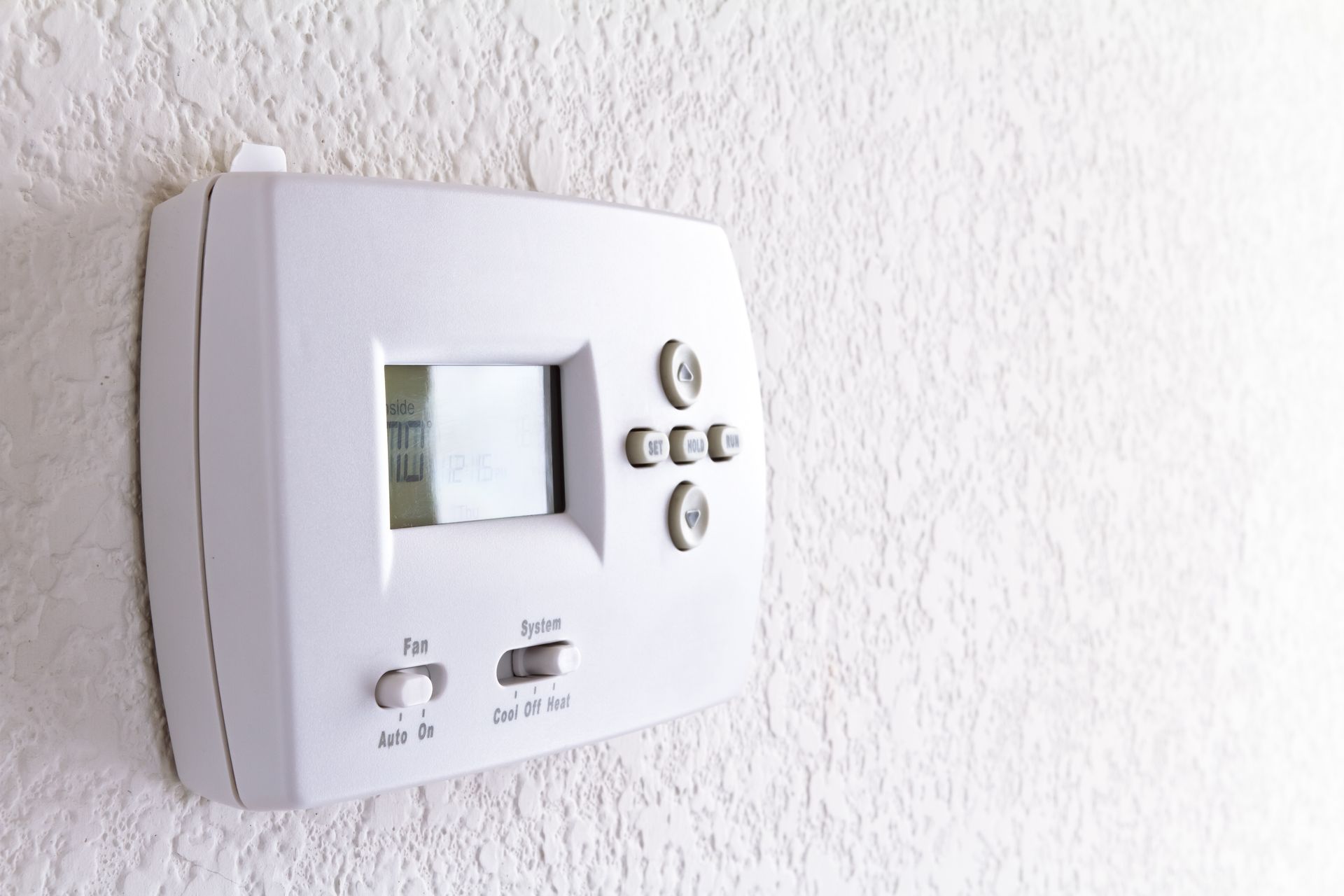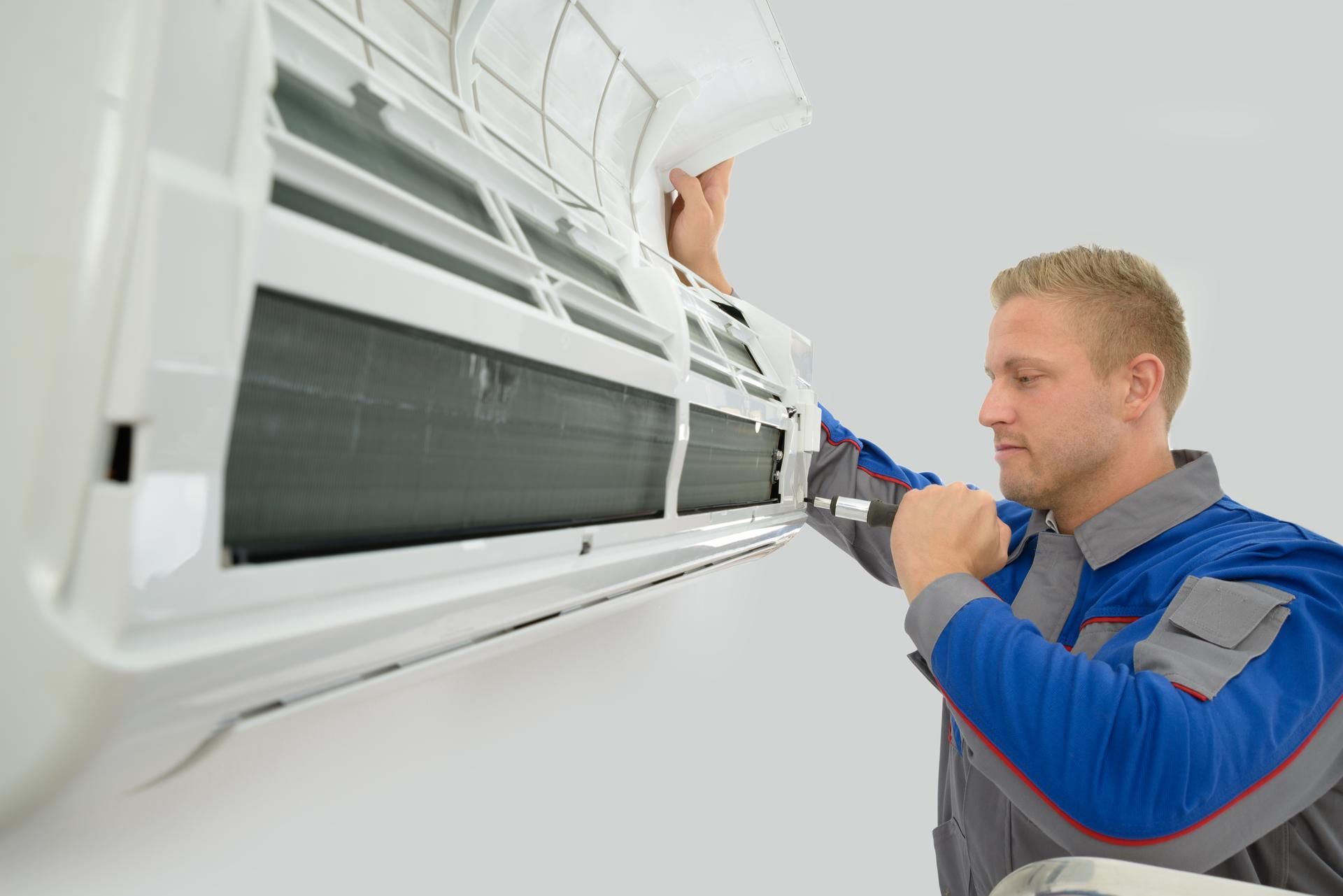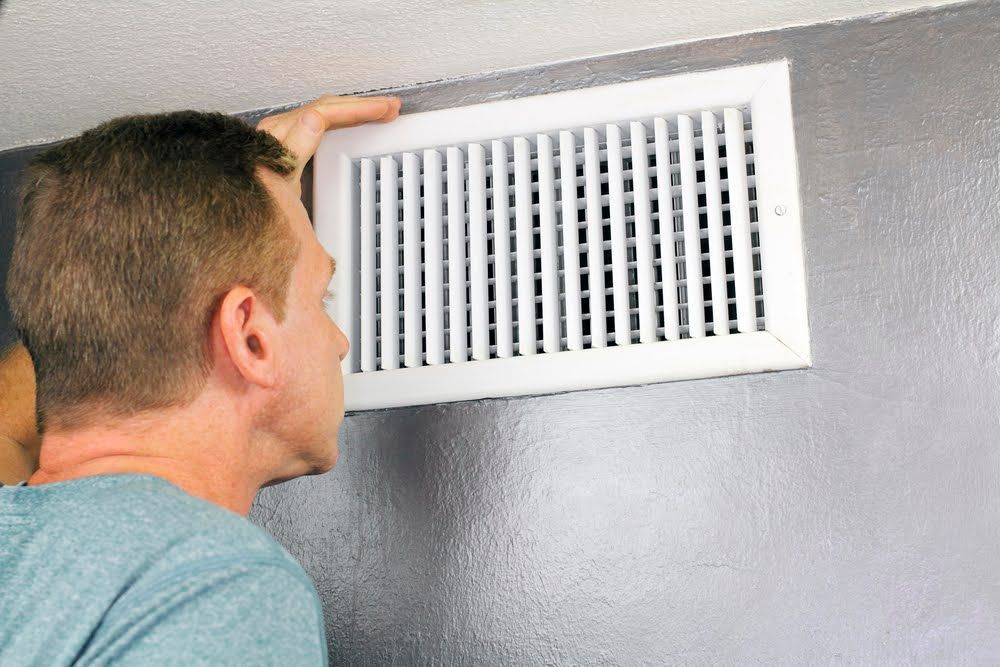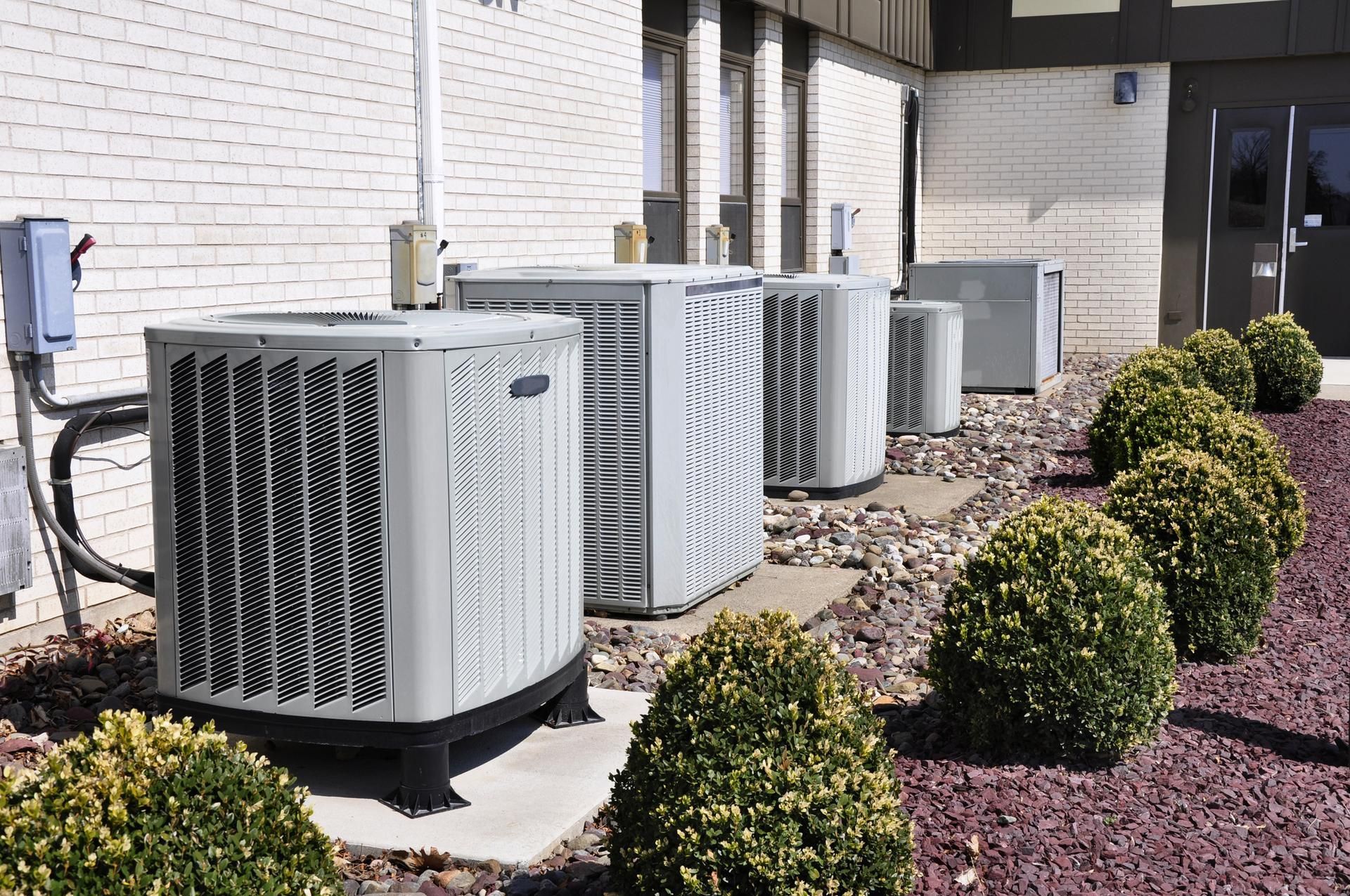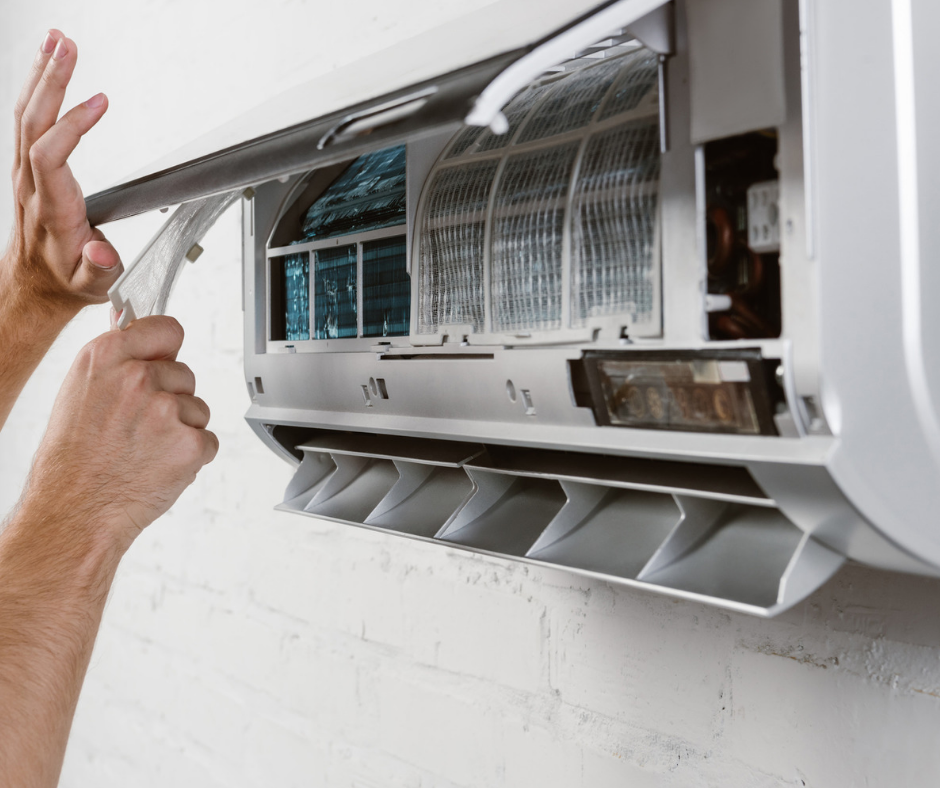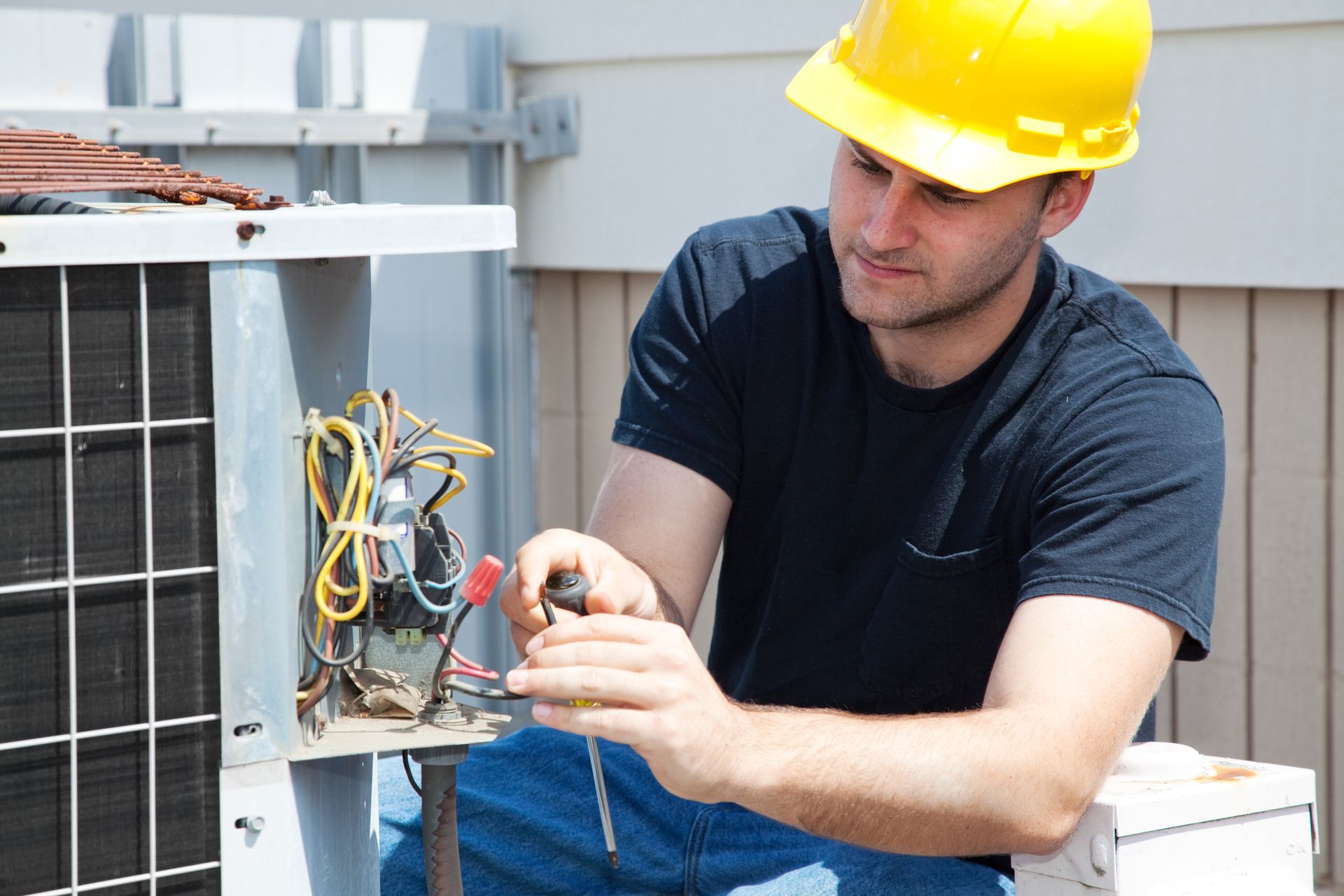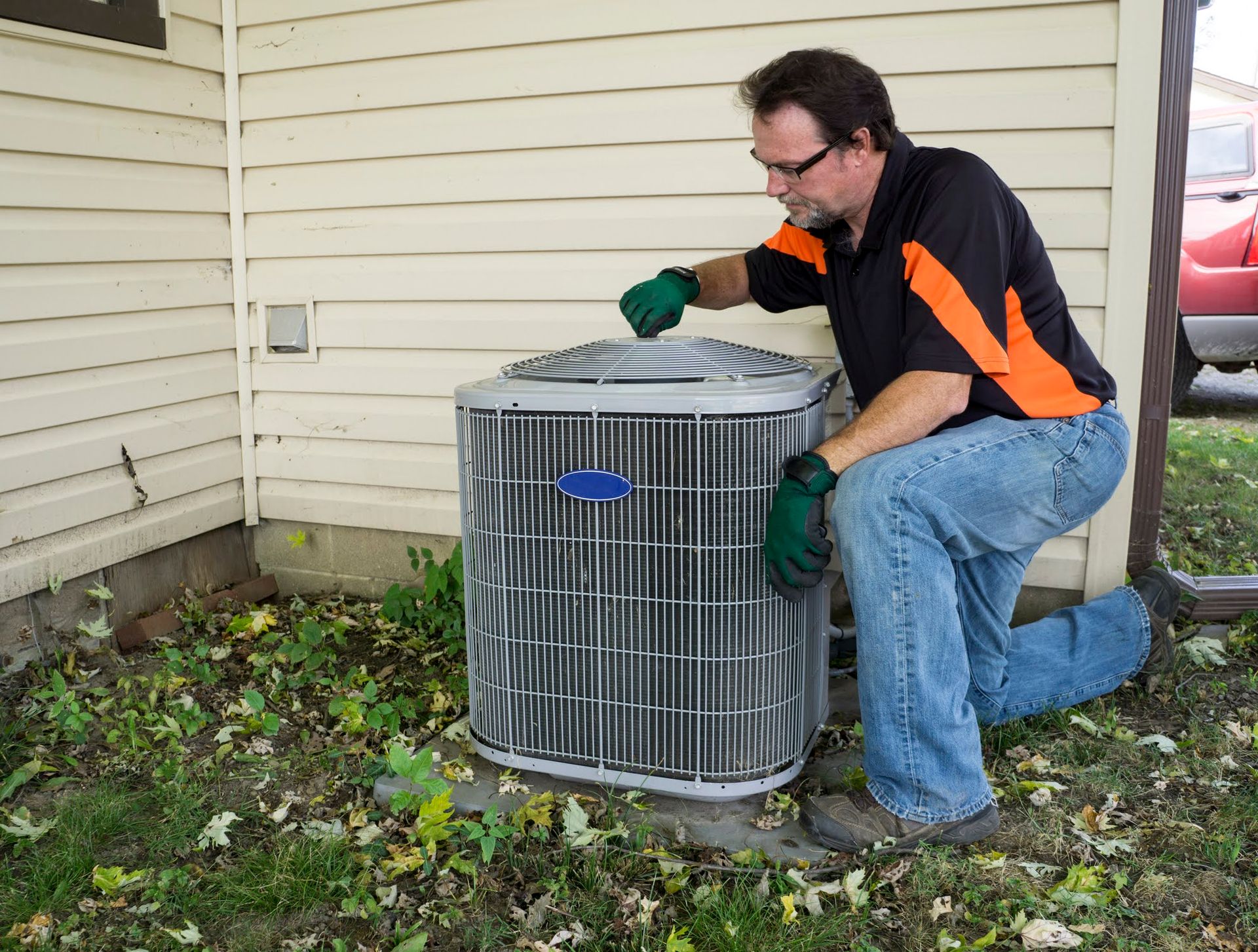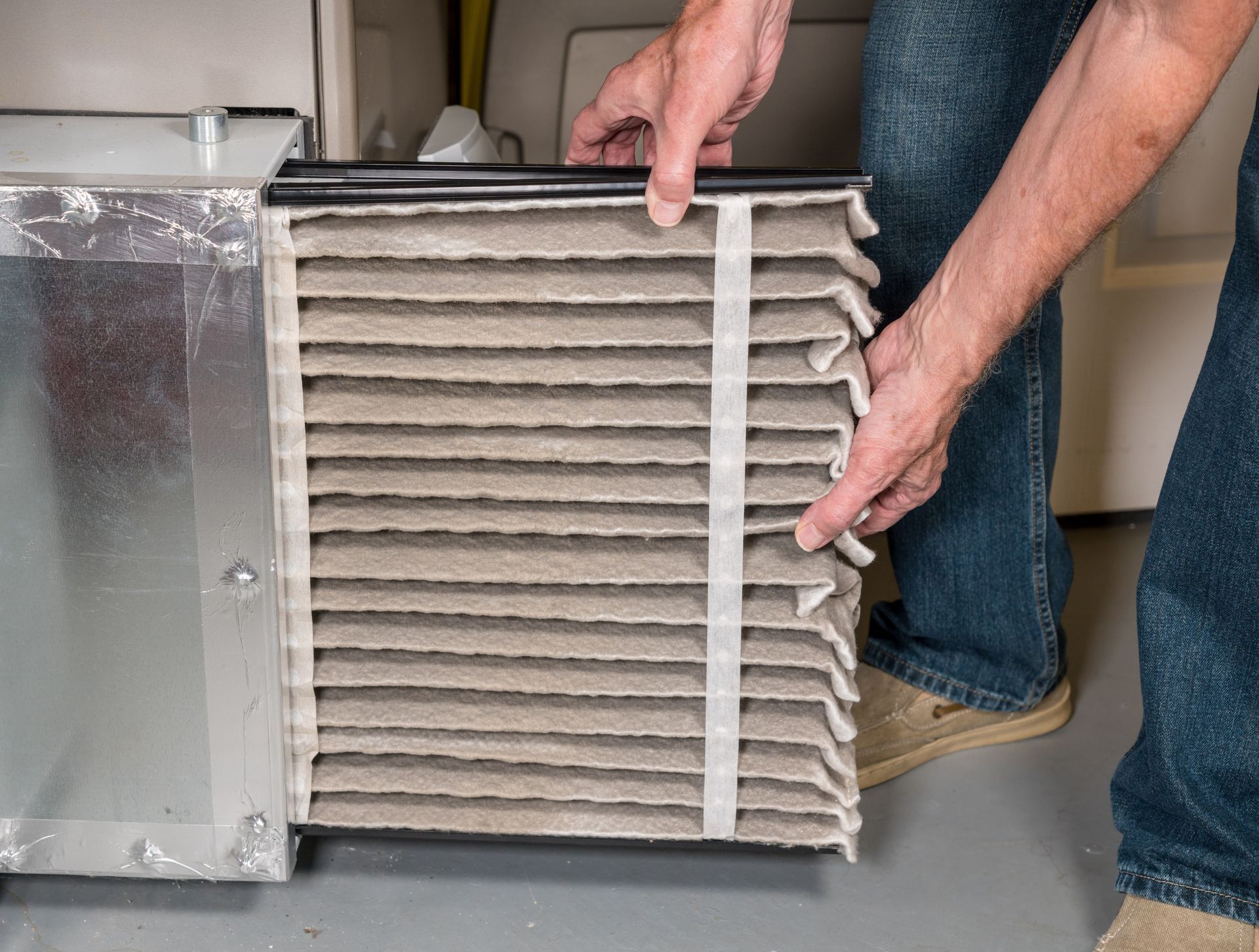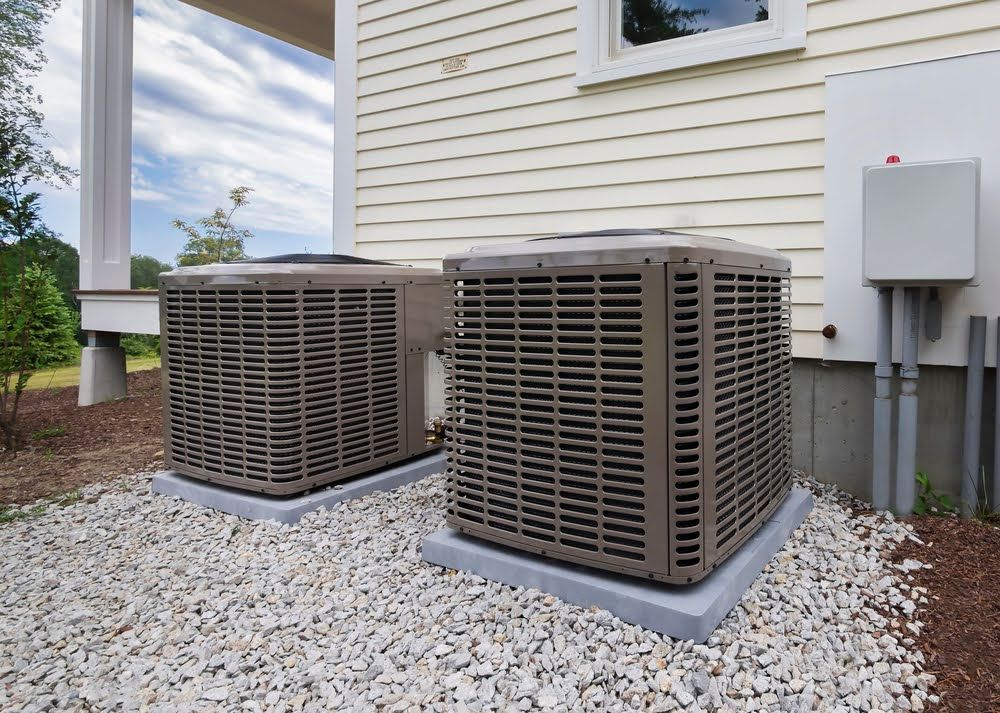Is It Time for a New HVAC System? Here’s How to Know
Your home's heating, ventilation, and air conditioning system works tirelessly behind the scenes to keep your family comfortable throughout the year. Like any hardworking appliance, your HVAC system will eventually show signs that it might be ready for an upgrade. Recognizing these signs early can help you make informed decisions about your home's comfort and energy efficiency.
Understanding when to consider a new HVAC system doesn't have to be overwhelming. By paying attention to certain indicators and understanding what to look for, you can stay ahead of potential issues and ensure your home remains the comfortable sanctuary you deserve.
Understanding Your System's Lifecycle
Every HVAC system has a natural lifespan, and understanding where yours falls in that timeline can provide valuable insight into its future performance. Older systems that have been faithfully serving your home for many years may start to show their age through various performance changes.
The beauty of modern HVAC technology means that newer systems often operate with greater efficiency and reliability than their predecessors. As your current system matures, you might notice gradual changes in how it performs, which is normal.
Signs Your System May Need Attention
Changes in Comfort Levels
One of the most noticeable indicators that your HVAC system might benefit from an upgrade is inconsistent temperature control throughout your home. You might find that certain rooms feel stuffy while others remain perfectly comfortable, or notice that it takes longer than usual to reach your desired temperature.
These comfort variations often develop gradually, making them easy to dismiss initially. However, when your system struggles to maintain consistent temperatures, it's working harder than necessary, which can impact both your comfort and energy consumption.
Increased Energy Costs
Rising utility bills can signal that your HVAC system is working less efficiently than it once did. While energy costs naturally fluctuate with seasonal changes and usage patterns, a noticeable upward trend in your heating and cooling expenses may indicate that your system is using more energy to achieve the same results.
Modern HVAC systems are designed with energy efficiency in mind, incorporating advanced technologies that can significantly reduce energy consumption while maintaining superior comfort levels. If you've noticed your energy bills rising despite similar usage patterns, your system may be indicating that it's time for an update.
Frequent Service Calls
When your HVAC system requires regular attention from service technicians, it's often communicating that it's working harder to maintain performance. While regular maintenance is essential for any system, frequent repairs or service calls can indicate that components are wearing out or that the system is struggling to keep up with your home's comfort demands.
Each service call represents not only an inconvenience but also an opportunity to evaluate whether ongoing repairs make sense compared to investing in a newer, more reliable system.
Air Quality Considerations
Your HVAC system plays a crucial role in maintaining indoor air quality by circulating and filtering the air throughout your home. If you've noticed increased dust accumulation, unusual odors, or changes in air freshness, your system might not be performing at its optimal level.
Newer HVAC systems often include advanced filtration options and improved air circulation capabilities that can enhance your home's air quality while providing superior comfort control.
Exploring Modern HVAC Advantages
Enhanced Efficiency Features
Today's HVAC systems incorporate sophisticated technologies designed to maximize efficiency while minimizing environmental impact. These systems often include variable-speed components, smart thermostats, and advanced control systems that adapt to your home's specific needs throughout the day.
The efficiency improvements in modern systems can translate to meaningful reductions in energy consumption, creating a more sustainable and cost-effective approach to home comfort.
Improved Comfort Control
Contemporary HVAC systems offer precision temperature control that can adapt to different zones within your home, ensuring that every room maintains your preferred comfort level. This enhanced control means family members can enjoy personalized comfort while the system operates efficiently.
Advanced humidity control features in newer systems can also contribute to improved comfort by maintaining optimal moisture levels throughout your home, which can make a significant difference in how comfortable you feel at any given temperature.
Smart Technology Integration
Modern HVAC systems often feature smart technology integration that allows you to monitor and control your home's climate remotely. These systems can learn your preferences and automatically adjust settings to optimize both comfort and efficiency.
Smart diagnostics can also help identify potential issues before they become major concerns, allowing for proactive maintenance that keeps your system running smoothly.
Making an Informed Decision
Evaluating Your Current System
Take time to honestly assess your current system's performance across different seasons. Consider factors like comfort consistency, energy costs, and reliability when evaluating whether your system is meeting your family's needs.
Document any patterns you've noticed, such as rooms that are consistently uncomfortable or times when your system seems to struggle. This information can be valuable when discussing options with HVAC professionals.
Understanding Your Home's Needs
Your home's unique characteristics, including size, layout, insulation, and windows, all influence your HVAC requirements. Changes to your home, such as additions or renovations, might mean your current system is no longer properly sized for your space.
Consider how your comfort needs might have evolved since your current system was installed. Growing families, lifestyle changes, or increased time spent at home can all impact your HVAC requirements.
Professional Assessment Benefits
HVAC professionals can provide comprehensive evaluations that consider factors you might not have considered. Their expertise can help you understand your options and make decisions that align with your comfort goals and budget considerations.
A professional assessment can also reveal opportunities for efficiency improvements and help you understand the potential benefits of upgrading to a newer system.
Recognizing when your HVAC system might benefit from an upgrade is an important part of maintaining your home's comfort and efficiency. By staying attentive to changes in performance, comfort levels, and energy consumption, you can make informed decisions that serve your family's needs for years to come.
If you've noticed any of the signs discussed in this article, or if you're simply curious about whether your current system is performing at its best, consider reaching out to our experienced team for a professional evaluation and personalized recommendations tailored to your home's specific needs.
